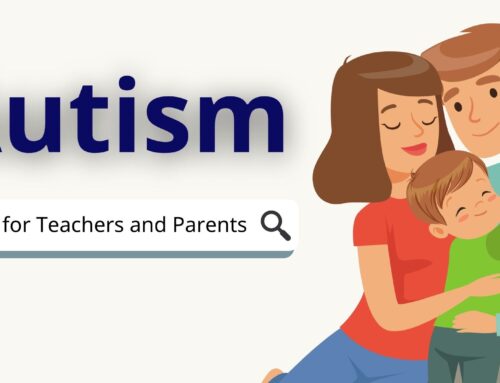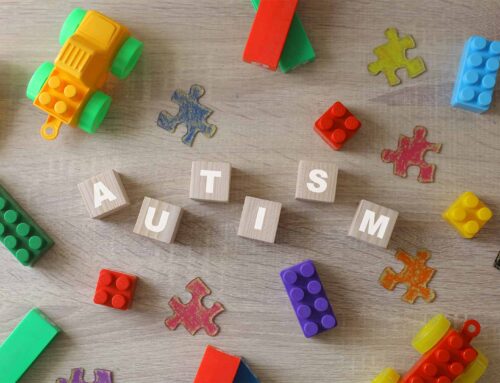Epilepsy is a chronic neurological disorder that affects people of all ages. It is characterized by recurrent seizures, which are brief episodes of abnormal brain activity. Seizures can cause a variety of symptoms, including loss of consciousness, muscle spasms, and unusual behavior.
November is National Epilepsy Awareness Month (NEAM). This is a time to learn more about epilepsy, its impact on people’s lives, and how to support those who live with it.
What is epilepsy?
Epilepsy is a neurological disorder that affects the brain. It is caused by abnormal electrical activity in the brain. This abnormal activity can cause seizures, which are brief episodes of disturbed consciousness, behavior, or movement.
Symptoms of epilepsy
The most common symptom of epilepsy is seizures. Seizures can vary in severity and duration. Some seizures may cause only a brief loss of consciousness, while others may cause more prolonged unconsciousness and muscle spasms.
Other symptoms of epilepsy can include:
- Strange sensations, such as tingling or numbness
- Changes in vision or hearing
- Dizziness
- Loss of balance
- Confusion
- Difficulty speaking
Causes of epilepsy
The exact cause of epilepsy is unknown in up to 70% of cases. However, some known causes of epilepsy include:
- Brain injury
- Stroke
- Infections, such as encephalitis and meningitis
- Tumors
- Genetic disorders
- Developmental disorders, such as autism
Treatment for epilepsy
There is no cure for epilepsy, but there are a number of treatments that can help to control seizures. These treatments include medications, surgery, and dietary changes.





Leave A Comment